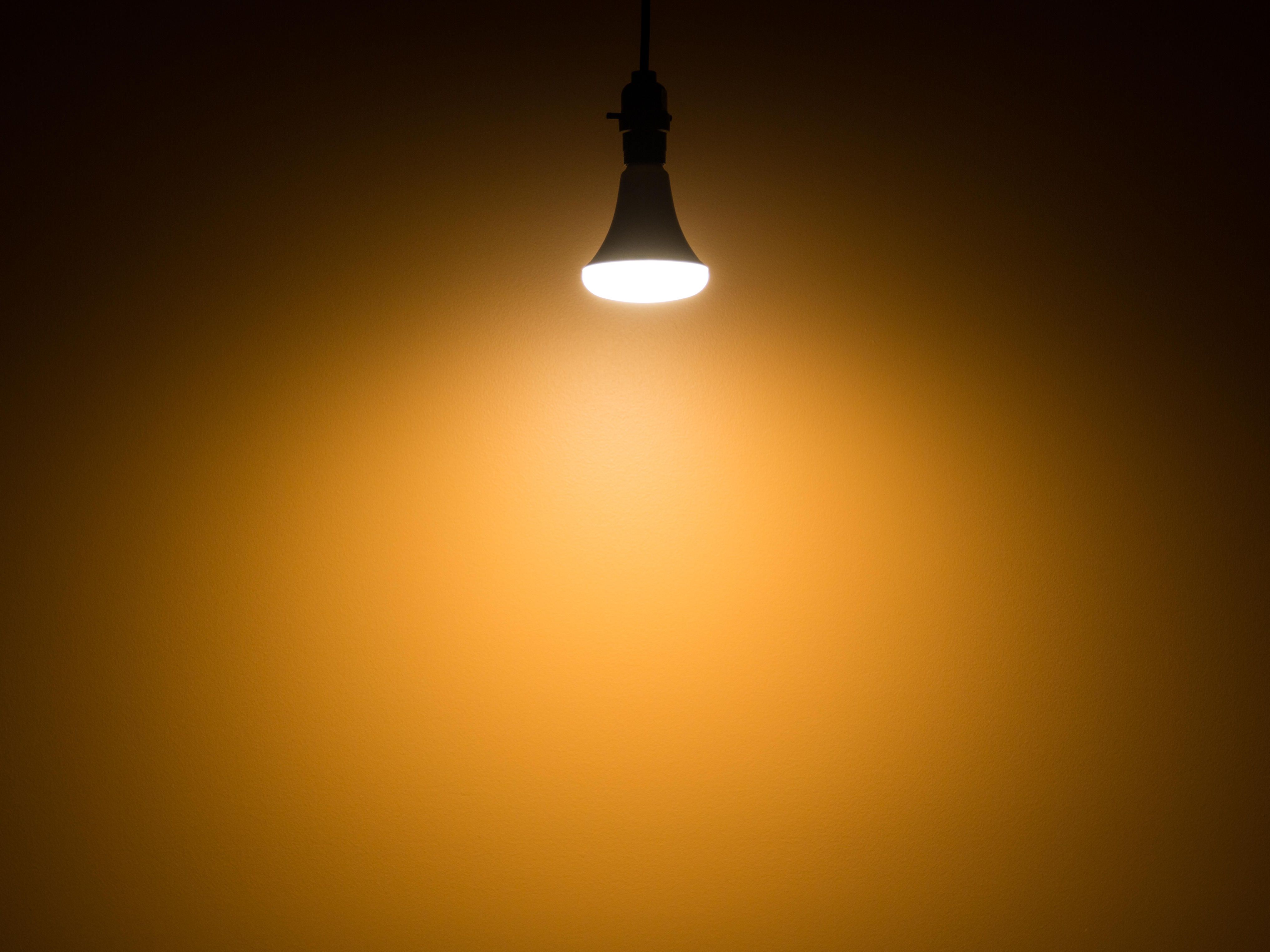The best LED light bulb for every room in your house in 2020
Light bulbs have an enormous, everyday impact on the way our homes look and feel, and with a flood of new energy efficient LED bulbs filling the lighting aisle, you've got more options than ever. Plus, they can help you save on your electricity and energy bills. But how do you pick the right lights for the job? The trick is to think for a long time about how you typically put light to use in the different rooms in your home. That, more than anything, will dictate your lighting needs.
For instance, you might benefit from a super bright bulb in your favorite reading lamp, but prefer a gentler, more candlelike warm glow from the lamp at your bedside.
To that end, here are some room-specific tips to help you zero in on the right lights -- from energy-saving light bulbs to CFL bulbs to LED smart bulbs to regular light bulbs -- for your lamps and living space. Where appropriate, I've also included links to buy light bulbs from our tests.

Lots of height? Make it super bright
If you have rooms with high ceilings or recessed lighting -- an entryway, for instance, or maybe a staircase with overhead lights or a candelabra up above -- you'll want to prioritize brightness over softness in your light bulbs. After all, the higher up your light bulbs are, the brighter they'll need to be in order to light up the room.
The most common products for overhead lighting are BR30-shaped floodlights. The "BR" stands for "bulging reflector," and it means that the light inside the bulb sits above a reflective bowl, sort of like a little satellite dish. Screw a bulb like that up into your ceiling, and that bowl will catch all of the upward cast light, then reflect it back down and out the bottom, which bulges outward to produce the widest possible pool of bright light across the room. It's the same trick your car's headlights use to produce as much light output as possible out in front of you as you drive.
Dimmability means versatility for your living room and bedroom
Some rooms serve just one or two basic functions, but other rooms get used in all sorts of ways. For instance, you might use your living room for watching TV, reading books, playing board games with the kids, or any other number of activities. Rooms like that can really benefit from quality lights that can adapt to whatever's going on.
The old-fashioned way to do it is to use a mix of different lamps and fixtures that serve different purposes -- a reading lamp beside your favorite armchair, overhead lights for board game night, everything off when you're watching a movie, and so on. That's all well and good, but it limits you to a binary, "on/off" lighting mentality.
The better approach? Give yourself a full spectrum of lighting possibilities by making sure all of those lights are dimmable.
Upgrading your light switches to dimmer switches is one way to do it (and not nearly as intimidating as you might be thinking if you've never switched one out before). There are also smart plugs from brands like Lutron that'll let you dim your fixtures and lamps up and down. The easiest way, however, is simply to replace your bulbs with dimmable smart bulbs. It's a great time to do it -- costs have come way down in recent years, and the advent of voice controls has given people a quick, easy way to jump to whatever dimmer setting they like, whenever they like.
Best of all, just about every smart bulb on the market is dimmable without flickering or buzzing, eliminating a common headache that comes with an in-wall dimmer switch. That also makes smart bulbs quality picks for bedrooms, where strong dimming performance and things like prescheduled wake-up fades can do wonders for your mood in the morning.

Consider colors in your kitchen and your closet
I'm not talking about color-changing smart lights (though if you want to jazz your home up with them, don't let me stop you). No, I'm talking about the colors that are already in your home -- artwork, furniture, the clothes in your closet, the fruits and veggies in your kitchen, you name it.
Whatever it is, if it's colorful, then it'll benefit from light bulbs with high color rendering scores -- bulbs that help colors look their best. This isn't always the easiest thing to shop for, as manufacturers aren't required to list their color rendering scores on the packaging, like they are with brightness and efficiency specs. Some bulbs that do claim to emit great colors are actually just so-so.
And that's really the point -- despite regularly taking them for granted, we use light bulbs more than just about anything else in our homes. They're often the first things we turn on in the morning and the last things we turn off before going to bed. So don't let the lighting aisle overwhelm you -- finding the right lights for each room in your house is well worth it, and much easier than you might think.